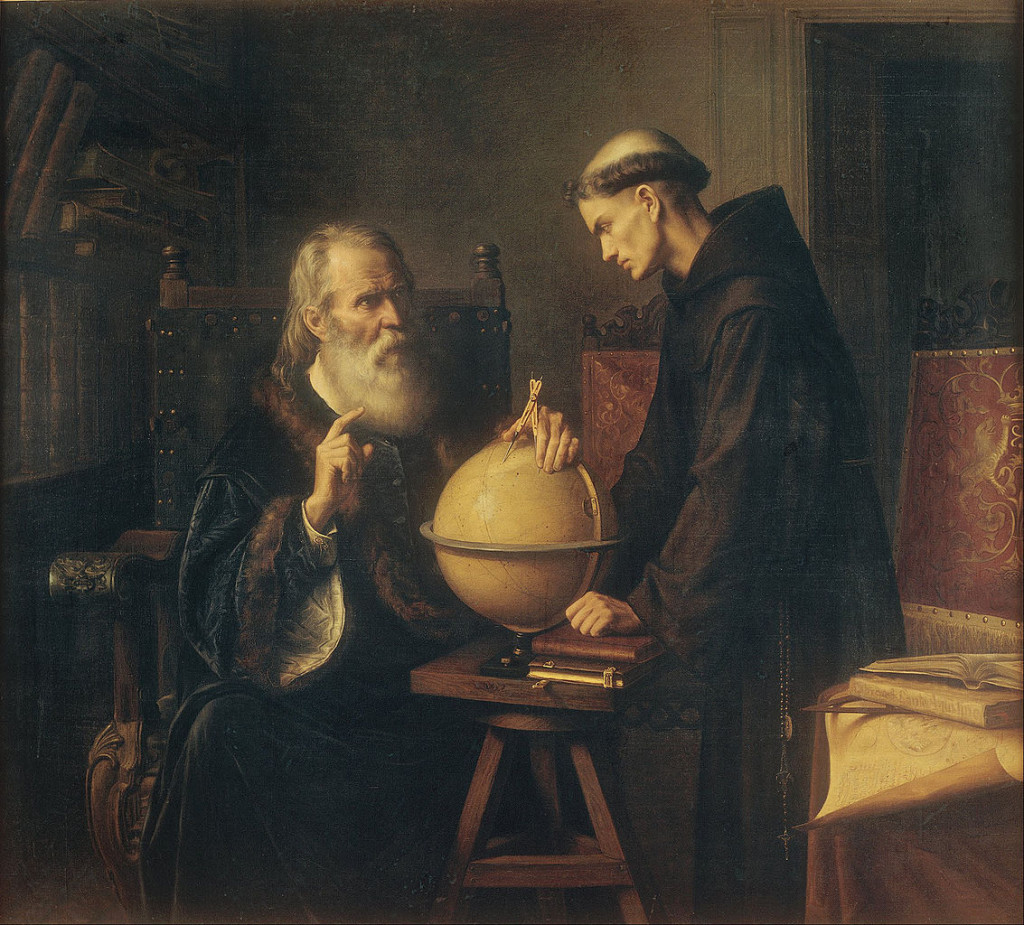“I do not feel obliged to believe that the same God who has endowed us with senses,  reason and intellect has intended us to forego their use and by some other means to give us knowledge which we can attain by them. He would not require us to deny sense and reason in physical matters which are set before our eyes and minds by direct experience or necessary demonstrations.” –Gallileo Gallilei*
reason and intellect has intended us to forego their use and by some other means to give us knowledge which we can attain by them. He would not require us to deny sense and reason in physical matters which are set before our eyes and minds by direct experience or necessary demonstrations.” –Gallileo Gallilei*
In yesterday’s post, Rev. Jan illustrated the power of stories and the added power of what happens when treasured stories change. Leo Widrich documents the research showing why stories are so powerful to us, what they do in our brains, how they recreate experiences in our bodies and minds. The change of a beloved story, then, holds the possibility of creating within us something like a personal earthquake.
What if the story in question is the story one has held about God? For people raised in traditional religions, I think this confrontation with a changing story about God or Divinity or Higher Consciousness may happen fairly often. What about the child who has heard the Creation story of Genesis, and then reads about dinosaurs in first grade? Why are the dinosaurs not in Genesis? The confrontations that a good education set up for us through science, histories, literature, philosophy–the record of human learning through the ages, can be overwhelming. That the truth as we know it and certain new facts contradict each other requires another difficult step. The truth and facts are not the same thing even though they may inform each other. For example, there is plenty of evidence for an earth that is billions of years old, but that evidence does not attempt to say what that means. A story of 7 days of creation may convey the truth of deep connection and order in the earth but not a record of the earth’s history. If we continue to participate in human discovery, we will continue to be challenged with how we think the world, the universe, and perhaps God work.
If there is a God, I hold with Gallileo–that the One who created us and our minds would not then want us to refrain from using them. Using our minds to make sense of conflicting stories holds the possibility for the creation of even newer stories, bigger, better and truer than the sum of the parts they come from.
Bob Patrick
*cited from full article featuring “Scientists and God”

Good words today that can help people who are conflicted differences in Bible stories and scientific findings.